As a seller involved in a 1031 exchange, you might be wondering if disclosing this strategy could make your listing less attractive or complicate the process for potential buyers. The good news is that a 1031 exchange has minimal impact on the buyer’s experience and shouldn’t deter serious prospects. Let’s break down why a buyer shouldn’t have any major concerns.
What is a 1031 Exchange?
A 1031 exchange, named after Section 1031 of the Internal Revenue Code, is a powerful tax-saving strategy for real estate investors. When an investor sells an investment property, they would typically incur capital gains taxes on the profits from the sale. However, a 1031 exchange allows investors to defer paying those taxes by reinvesting the full proceeds from the sale into a like-kind property (or multiple properties) within specific timeframes.
Here’s a simplified breakdown of how a 1031 exchange works:
- Sale of Relinquished Property: The investor sells their original investment property (the “relinquished property”).
- Qualified Intermediary (QI): The proceeds from the sale are held by a Qualified Intermediary, a third-party facilitator who ensures the exchange complies with IRS rules. The investor cannot directly receive the proceeds.
- Identification Period: The investor has 45 days from the sale of the relinquished property to identify potential replacement properties.
- Closing Period: The investor has 180 days total (including the 45-day identification period) to close on the purchase of the replacement property (or properties).
Why Buyers Shouldn’t Worry
Here’s why a 1031 exchange on your end shouldn’t be cause for concern for a buyer:
- Standard Transaction: The purchase process unfolds just like any other real estate transaction. Potential buyers make an offer, go under contract, and proceed to closing. The usual parties involved in facilitating the process, such as title companies and attorneys, will still be present.
- Minimal Impact for the Buyer: From the buyer’s perspective, the main difference might be some additional paperwork to acknowledge the 1031 exchange. This typically involves documents verifying the use of a Qualified Intermediary (QI).
- Focus on the Property: Serious buyers will prioritize the property’s condition, location, and features rather than the seller’s tax strategy. Your 1031 exchange doesn’t change the inherent value or desirability of the property.
Addressing Buyer Concerns
Proactive communication can alleviate any potential hesitation. Here’s how you and your real estate agent can assure potential buyers:
- Upfront Disclosure: Be transparent about the 1031 exchange. Your agent can include this information in the listing description.
- Ease of Process: Emphasize that the buyer’s experience won’t be significantly different from a standard transaction.
- Professional Guidance: Highlight the involvement of a QI to ensure a secure and efficient exchange process.
Getting Help
Don’t let concerns about the 1031 exchange overshadow your property’s appeal. A well-maintained and desirably located property will always attract the right buyer. By clearly communicating the process and minimizing the impact on the buyer, you can successfully close the deal. If you have additional questions or need assistance, we are here to guide you through your options. Simply call us at 888-508-1901 to schedule an appointment.

Real Estate Agents and 1031 Exchanges: A Crucial Partnership

Yes, You Can Finance Your 1031 Exchange Property – Here’s How



